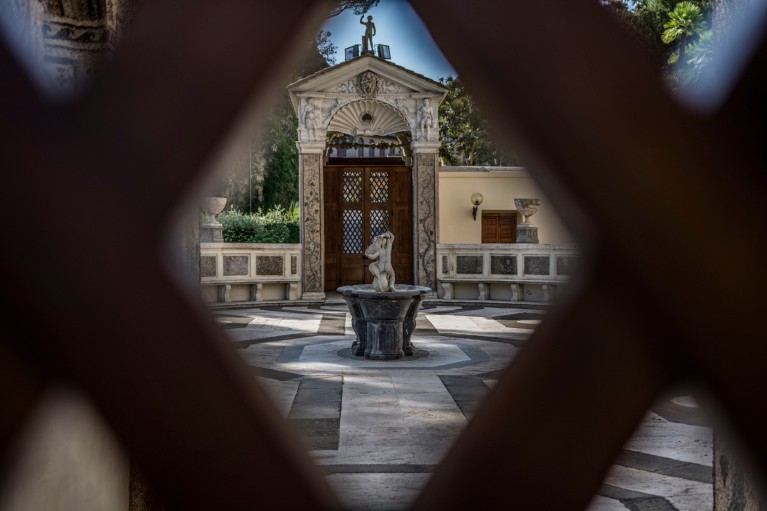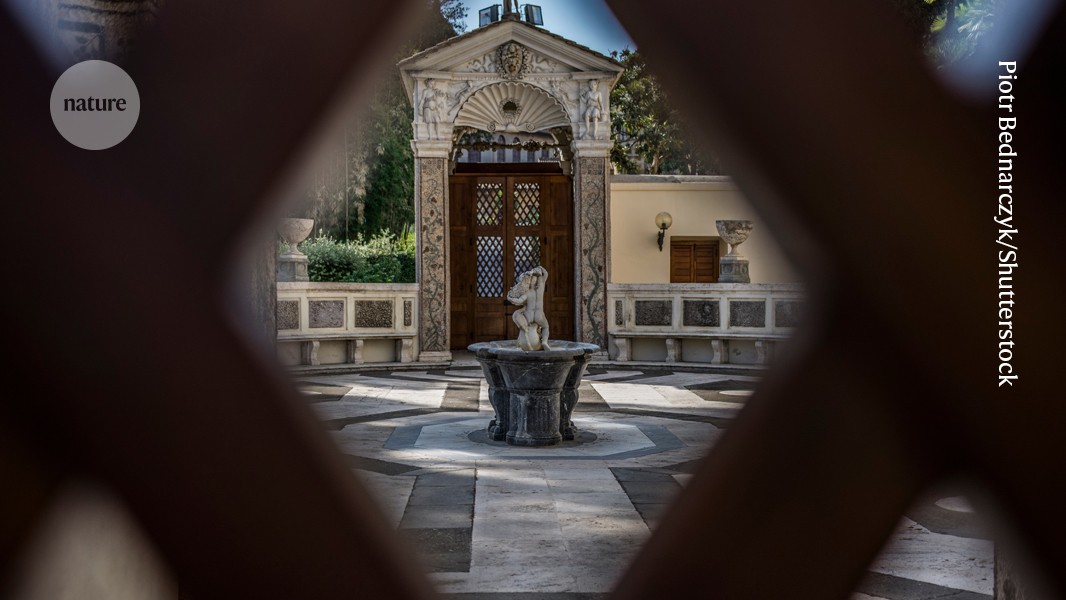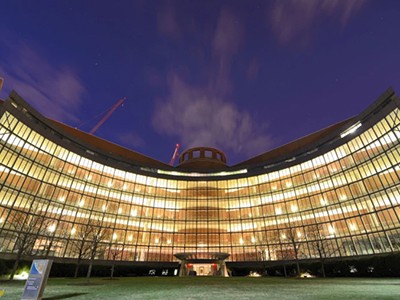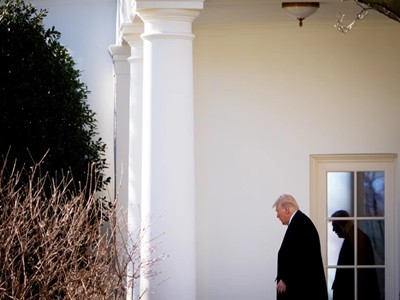You have full access to this article via your institution.

The Pontifical Academy of Sciences has expressed concern about the impact of political interference on science around the world.Credit: Piotr Bednarczyk/Shutterstock
The administration of US President Donald Trump is pursuing a destructive agenda against science. The White House seems to be intent on telling funding agencies what they can fund, universities who they can hire, and researchers what they can study. Research grants are being slashed, with a particular emphasis on science that goes against the administration’s ideological line, be it on topics such as climate change or on the inclusion and support of under-represented groups in society. Failure to comply with these edicts has been met with threats to hike taxes on university endowments and to restrict the pipeline of international students, who have long been instrumental to the success of US science and innovation.
The administration might not get its way on everything, if legal challenges against its directives succeed or if Congress rediscovers its role as a check on the executive. But if Congress doesn’t step up, the long-term damage to science will be profound. In the next fiscal year, the National Science Foundation and the Environmental Protection Agency are in line to lose more than half of their budgets, and the National Institutes of Health 40% of its funding.
Judge rules against NIH grant cuts — and calls them discriminatory
The scale of these actions is unprecedented. Earlier this year, we urged scientific leaders to take a stand, to support at-risk colleagues and to do more to make citizens aware of the consequences of such recklessness. These attacks on science will harm lives and livelihoods, the economy and public health, and the environment on which we all depend. Globally influential scientific organizations have a particular responsibility to speak out because, as we wrote at the time, “an assault on science anywhere is an assault on science everywhere”.
Unfortunately, many responses have been vague, at best. Some organizations, such as the InterAcademy Partnership, a network of the world’s science academies, and the World Academy of Sciences, have told us they have no plans to make any statements. The Paris-based International Science Council said last week that international scientific collaboration is vulnerable. London’s Royal Society said in February that it would “use its voice and the expertise of our Fellows to resist the various challenges to science”. A more vocal “statement of concern” was issued last week by the Pontifical Academy of Sciences in Vatican City and summarized in correspondence to Nature by academy president Joachim von Braun.
Trump proposes unprecedented budget cuts to US science
The academy’s members, who are scientists from all over the world, acknowledge that “scientific institutions are being undermined through political pressure, budgetary and workforce cuts, and censorship. Evidence-based findings are ignored or openly mis-represented”. The document adds that: “In extreme cases, scientists are harassed, marginalized, or personally threatened for their work.”
The statement does not single out the United States, pointing out that “attacks are not confined to a particular region or political ideology; they are surfacing in democracies and authoritarian systems alike, in the global North and South”. Among other things, it calls on scientists to uphold rigour and transparency, politicians and policymakers to protect the independence of institutions, and religious and moral leaders to play their part in restoring public trust in science as a force for good.
This statement will come as a surprise to some, and perhaps be greeted with scepticism, given the uneasy historical relationship between the Catholic Church and science. Such reactions are out of date. Although the pontifical academy’s members have the backing of the papacy, the academy has had the freedom to study science and its relationship with the environment and society, without interference, for at least 85 years.
Trump 2.0: an assault on science anywhere is an assault on science everywhere
We recognize that not all scientific leaders are in a position to be able to speak out, particularly those in countries where doing so could incur a penalty — or even punishment. That is why our call is to international scientific organizations. Academies in countries where the freedom to dissent is protected should also make their concerns known. All need to be aware that silence is also not without cost.
The United States is not the first country to try to dictate the kind of science that can be done within its borders, and it won’t be the last. But in terms of its national and global impact, the United States stands apart. The country has been a global powerhouse of scientific research since the Second World War, and has long been a model of scientific freedom that has attracted the best and brightest to its shores.
What happens in the United States is watched closely by people in positions of power around the world. The playbook being written in Washington DC offers a template to those who wish to follow the same path in their own countries. That in itself is a reason why everyone in a position of responsibility in world science needs to gather evidence to rebut authoritarian, anti-science narratives, and speak out.
The pontifical academy is to be congratulated for using its voice at this crucial time, and for inviting its international counterparts to join it in a global coalition of stakeholders to work together “across nations, sectors, and beliefs — to defend the right to seek and speak scientific truth”. Having the freedom to defend science is a privilege. Those who have it owe it to everyone the world over to make their voices heard.





